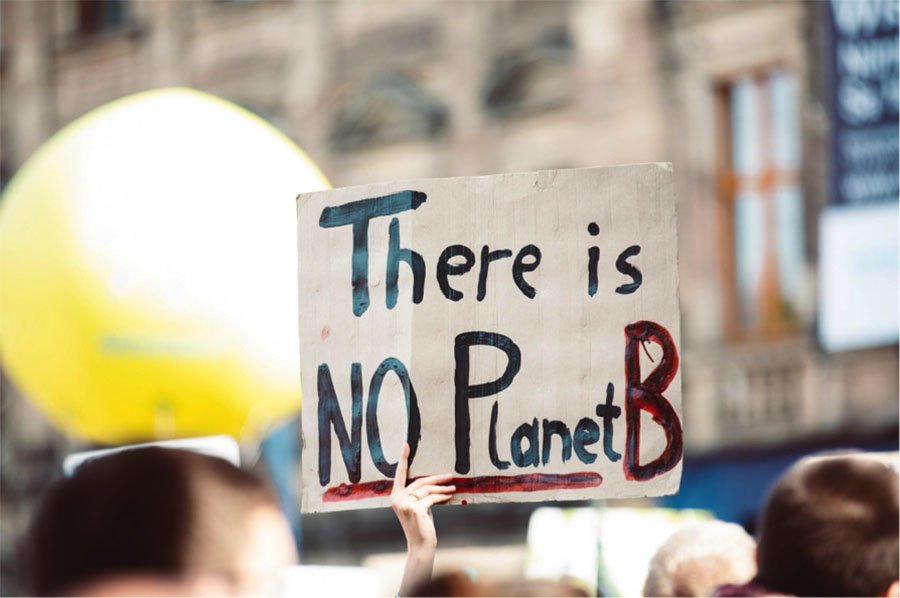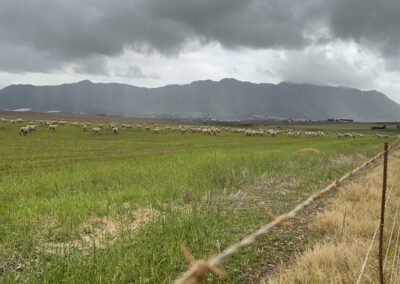What is carbon offsetting?
With increased consciousness around the climate change crisis, many businesses and individuals are doing their best to decrease their harmful environmental impact. While it is near impossible for anyone to reduce their carbon footprint to zero, there are ways to compensate for the damage caused. One of the means to achieve this is through carbon offsetting, which involves funding low-carbon energy projects that reduces carbon emissions elsewhere – restoring balance while taking responsibility and contributing to environmental and socio-economic development.
Traditionally, forest management by planting trees was one of the most popular carbon offsetting projects but this process takes a long time to be effective, making funding energy-based projects a more viable option.
Carbon offsetting projects
Carbon Neutral Group’s carbon offsetting projects include:
- The Wonderbag – A non-electric heat-retention cooker that allows food to cook for up to 12 hours without using additional energy usage.
- Joburg Waste To Energy Project – A project that strives to keep the lights on whilst cleaning up the municipal sites around Johannesburg.
- Clean Cookstoves in Uganda – This project provides efficient charcoal stoves to disadvantaged households which drives down emissions, fosters better and fights poverty.
- Biogas Project in Tanzania – This project stimulates the transition from cooking over an open fire using charcoal and wood, to the use of biogas as a non-harmful alternative.
- Boreholes in Africa – This offsetting project helps to build, renovate, and maintain boreholes in Africa.

What are carbon credits?
Carbon credits refer to a permit or certificate that allows the owner thereof to emit one ton of carbon dioxide or an equivalent of another greenhouse gas. This is essentially a means to ensure the damage caused by industry activity is regulated with an objective to reduce harmful emissions.
The criticisms of carbon offsetting
We can’t discuss carbon offsetting without addressing the common concerns thereof. The act of carbon offsetting has been known to receive criticism, with one of the main arguments against it being that funding low-carbon projects does not address the root cause of the issue – the excess of manmade carbon waste. Many view it as a way for funders to appease a guilty conscience.
Waste management
Ultimately, carbon offsetting is a subjective issue that many maintain their own stance on. We prefer to view it as ‘waste management’, as we believe in the silver lining that comes from the inevitable emission of greenhouse gases and carbon waste. We say inevitable because the unfortunate reality is that there are always going to be businesses which produce carbon waste, it’s about finding practical solutions to deal with it that can make a big difference as we strive towards responsibly doing better.
We acknowledge that carbon offsetting is not the definitive answer to positive environmental changes in your business, but in conjunction with other sustainable practices, it sets you on the path to achieving minimal waste.

Should your business engage in carbon offsetting?
As previously mentioned, achieving a zero-waste status as an organisation or individual is practically impossible – emitting greenhouse gases is inevitable, even with the greatest efforts to avoid it. By ignoring the facts, you cannot account for the role you played in contributing to waste but by taking responsibility for your emissions, you’re able help replace the need for fossil fuels, plant forests and absorb carbon from the atmosphere.
The benefits of your business being climate neutral
Achieving climate neutral status positively increases your brand reputation and means you’re more likely to gain consumer buy-in as a result of your positive environmental actions. Being a climate neutral business also impacts your business internally, as your employees are more likely to follow suit and minimise their energy consumption, resulting in less organisational expenses. It also increases your chances of creating mutually beneficial relationships with like-minded organisations. Essentially, it is beneficial for all of your company’s current and future stakeholders.

The efficacy of carbon offsetting projects
Naturally, engaging in carbon offsetting projects may leave you concerned as to whether the projects you are funding is fruitful. Rest assured, all of Climate Neutral Group’s offset projects fall under the Gold Standard, the Verified Carbon Standard (VCS), and the Clean Development Mechanism (CDM) and we are endorsed by the International Carbon Reduction and Offset Alliance (ICROA). This means that our projects are safeguarded to deliver on their promises with measurable outcomes.
Needless to say, no business can single handedly reverse the effects of climate change, but many small differences amount to a big difference. Carbon offsetting – for making a difference. For better business.



